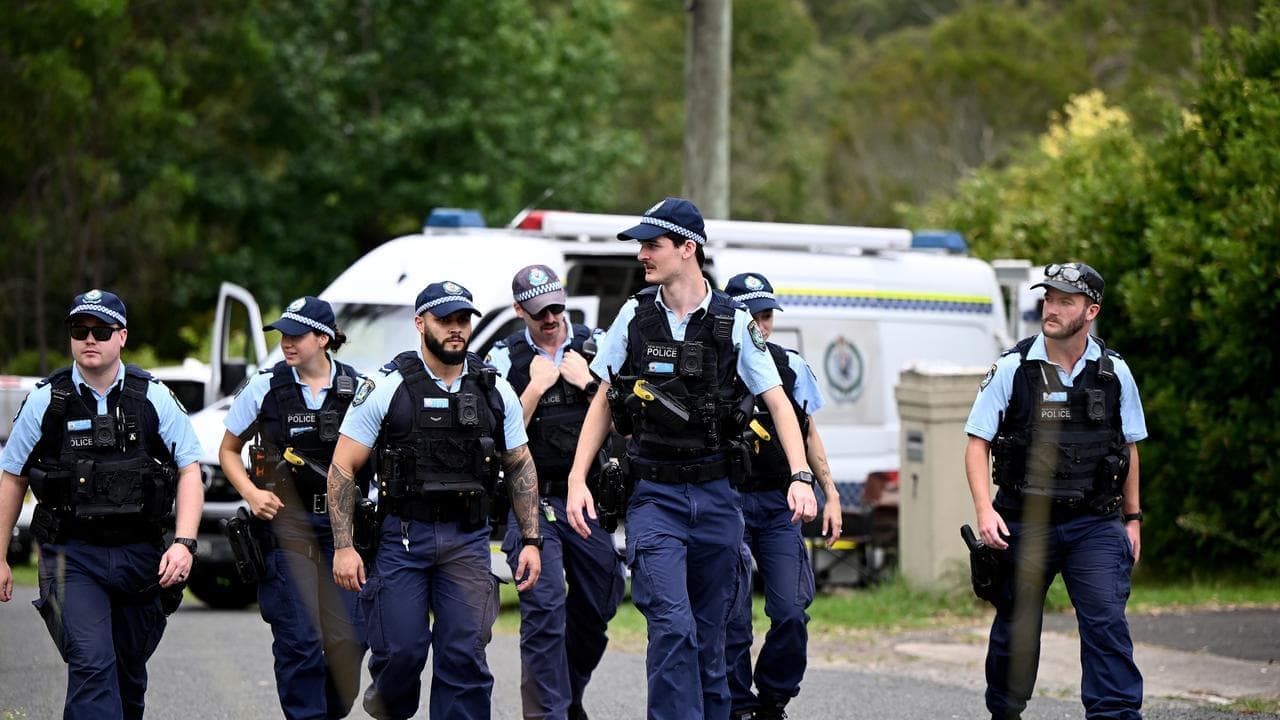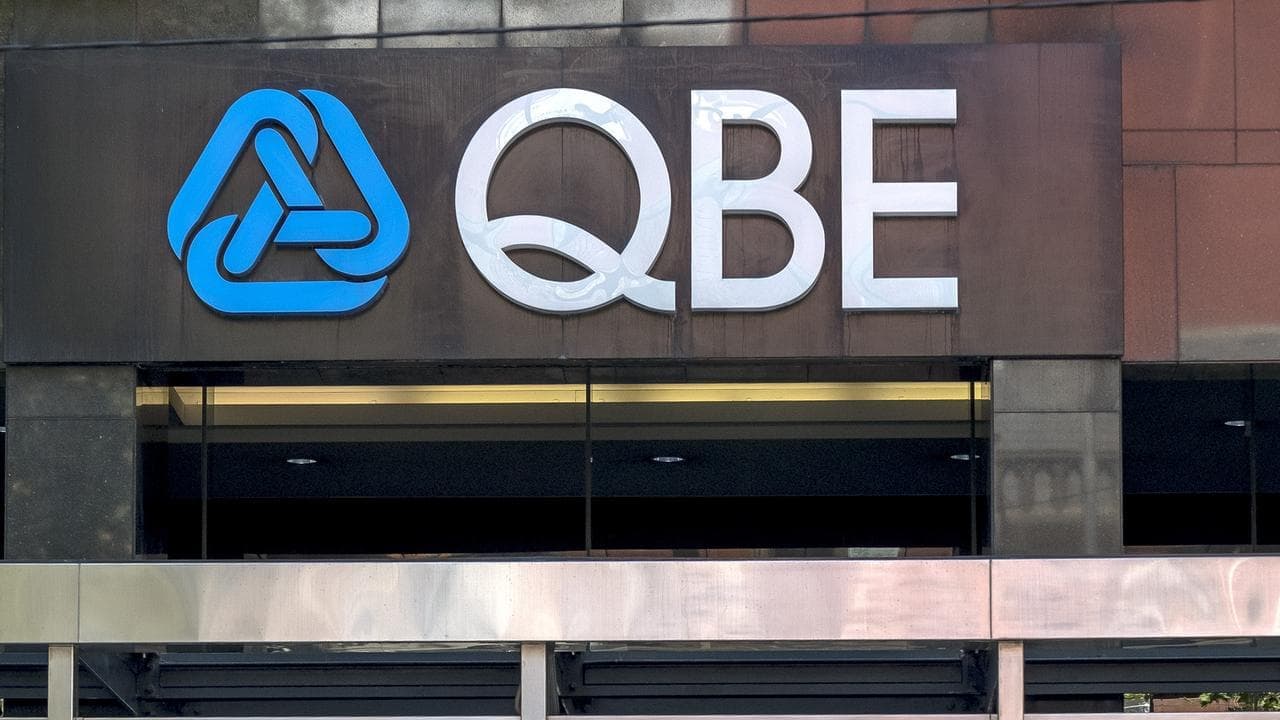WHAT WAS CLAIMED
Secret voice documents reveal plans to change the flag and pay reparations to Indigenous Australians.
OUR VERDICT
Misleading. The documents are minutes from voice consultation meetings. The comments in question were made by individuals who attended those meetings.
A 'no' campaign email from Senator Jacinta Nampijinpa Price claims "secret government documents" have revealed the "real agenda" behind the voice referendum, including plans to change the flag and force Australians to pay reparations to Indigenous people.
But the email to 'no' campaign supporters is misleading and misrepresents the documents in question.
What Senator Price referred to as "bombshell" documents are in fact the minutes from 13 'regional dialogue' consultation events held in 2016 and 2017.

The dialogue consultation events, which were attended by around 1200 Aboriginal and Torres Strait Islander people (page 109), were part of the national consultation process about how best to recognise Indigenous Australians in the Constitution.
Priorities from the dialogues (page 9) were reported to a First Nations Convention at Uluru in May 2017. The convention led to the 'Uluru Statement from the Heart', which called for the establishment of an advisory Indigenous 'voice to parliament'.
The consulation documents were published in March by the National Indigenous Australians Agency (NIAA) under Freedom of Information (FOI) laws.
They show some attendees proposed changing the flag and financial reparations. Those comments were subsequently recorded in the official record of the meetings.
The documents do not show either the government nor the NIAA are seeking to change the flag, nor set aside a fixed percentage of GDP for reparation payments.
The campaign email in question was distributed by anti-voice campaign group FAIR Australia. The text of the email was attributed to Senator Price, the coalition's Indigenous affairs spokeswoman and a staunch opponent of the voice.
The email said: "This is the bombshell Albo tried to hide… the real agenda behind his voice referendum has finally been revealed...
"Secret government documents the National Indigenous Australians Agency was forced to release under freedom of information laws say that 'any Voice to Parliament should be designed so that it could support and promote a treaty-making process'.
"According to these secret documents, it (a treaty) must include a 'fixed percentage of Gross National Product…
"But it gets worse. According to these documents, they want to abolish the Australian flag, because 'the Australian flag symbolised the injustices of colonisation'."
The full text of the email can be read here.

A news item on FAIR Australia's website, which is accessible via a link at the bottom of the email, makes similar claims.
But this article does acknowledge that comments about changing the flag and potential financial reparations were made by meeting attendees - context missing from the text of Senator Price's email.
The text of the email has subsequently been shared widely across social media, examples here, here, here, here, here, here, here, here and here.
Scrutiny of the FOI documents reveals Senator Price's claim "they want to abolish the Australian flag" was taken from the minutes of the regional dialogue held in Ross River in early 2017.
The official record from that meeting says: "The meeting spoke about the important symbolism of the flag, and how the Australian flag symbolised the injustices of colonisation." (page 55)
The Ross River dialogue minutes go on to quote an attendee as saying: "Remember the day when Cathy Freeman ran with the flag. That flag was not recognised. It's time to change the flag too."
Similarly, Senator Price's claim a treaty "must include a 'fixed percentage of Gross National Product'" came from the Hobart regional dialogue held in December 2016.
Notes from the Hobart meeting show delegates were split into five working groups. Each group discussed priorities related to constitutional recognition including a possible voice to parliament and a treaty.
The FOI documents show "working group five" at the Hobart event proposed the constitutional recognition process should be used "to progress treaty negotiations". The working group went on to propose: "Treaty must include: Land and sea rights / A fixed percentage of Gross Nation (sic) Product. Rates/land tax/royalties / Right to self-determination / Timeline to achieve / Aboriginal control" (page 11).
The Adelaide regional dialogue event additionally reported there was "strong support" for "economic measures like seeking a percentage of Gross Domestic Product (GDP)" (page 64).

The FOI documents also included a summary of all regional dialogue events summarising priorities raised at the 13 meetings.
That summary said: "In relation to content, the dialogues discussed that a treaty could include a proper say in decision-making, the establishment of a truth commission, reparations, a financial settlement (such as seeking a percentage of GDP), the resolution of land, water and resources issues, recognition of authority and customary law, and guarantees of respect for the rights of Aboriginal and Torres Strait Islander Peoples." (page 105)
AAP FactCheck contacted Senator Price for comment. Her office said "campaign enquiries" should be directed to FAIR Australia.
FAIR Australia told AAP FactCheck in an email that the FOI documents "are not the only source" for the claims made in the email.
When asked for more details, a representative said: "There are many statements by pro-voice activists on social media, reported in the press, in opinion editorials, in academic articles, that reflect those referred to in the NIAA FOI documents.
"We will be bringing these to the attention of Australians as the campaign unfolds, but they are easily discoverable by you and your reporters."
The representative also pointed to the aforementioned article that was linked at the end of the email, which they say provided relevant context.
An NIAA representative told AAP FactCheck the documents "simply reflect the broad range of comments of participants involved in the process led by the Referendum Council in 2016 and 2017".
They added: "These documents were released consistent with the FOI Act … these are not 'secret documents' as claimed in the FAIR Australia email. Communiques for each of the regional dialogues were publicly released in 2016 – 2017.
"The conclusions drawn by FAIR Australia in its email are not factual and misrepresent the outcomes from the dialogues."
The Verdict
The claim that secret voice documents reveal plans to change the flag and pay reparations to Indigenous Australians is misleading.
The documents are minutes from voice consultation meetings and the comments in question were made by individuals who attended those meetings.
The email omits this important context.
Misleading – The claim is accurate in parts but information has also been presented incorrectly, out of context or omitted.
AAP FactCheck is an accredited member of the International Fact-Checking Network. To keep up with our latest fact checks, follow us on Facebook, Twitter and Instagram.












